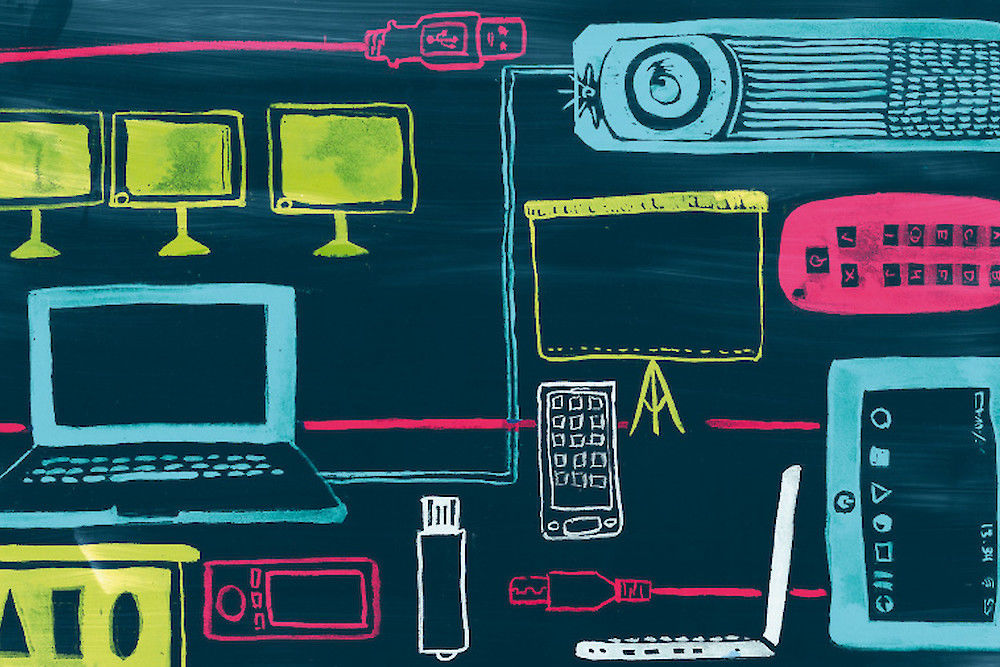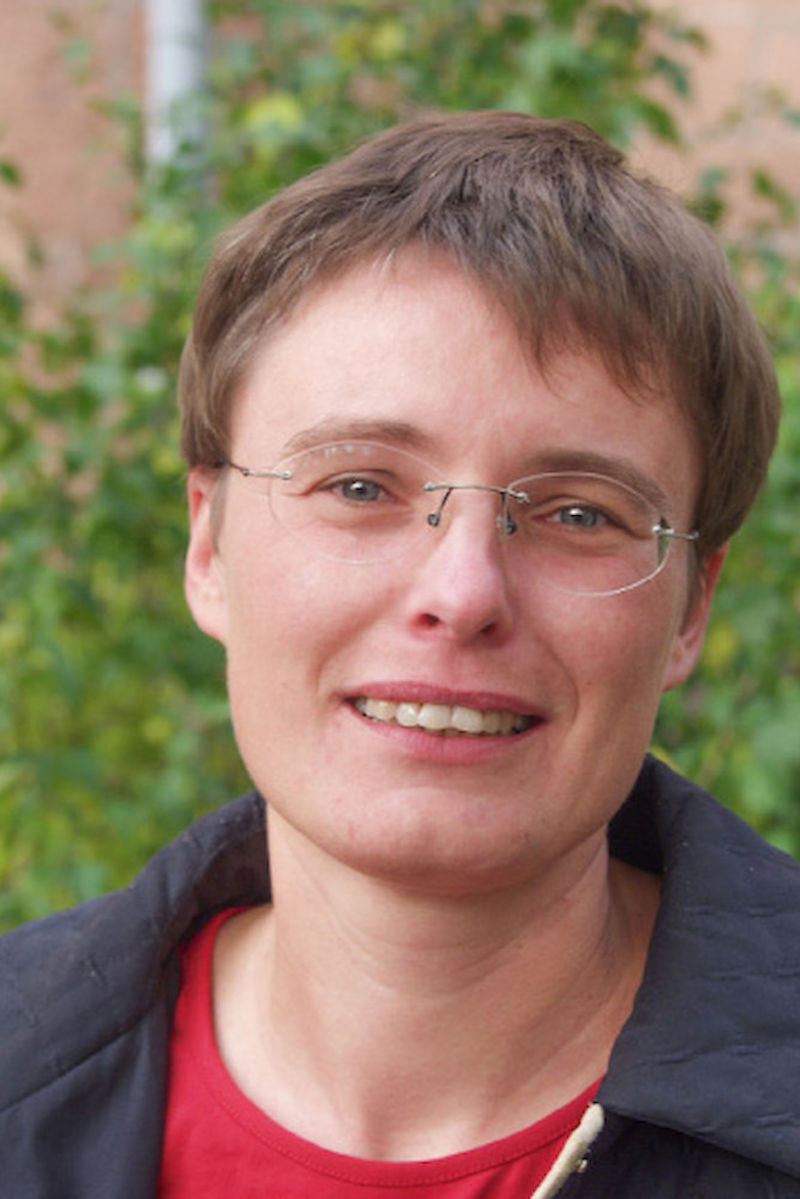No clocking off after hours?

Professor Renate Rau and her team of researchers have surveyed the employees of two companies in the Halle region on behalf of the Initiative for Health and Work, an alliance of four major health insurance associations in Germany. They looked at individual workloads and conducted work analyses in the companies. “The starting point for our investigation was the realisation that constant availability outside actual working times has noticeably increased thanks to new technologies. The causes, however, are the result of major changes in working conditions,” says Renate Rau from the Department of Occupational, Organisational and Social Psychology at Martin-Luther-University.
Today’s work processes are faster, more flexible and more global. Meanwhile, the tasks of individuals are steadily increasing. These changes have positive and negative consequences. The aim is to develop company-specific strategies at the end of the study in order to deal with constant availability in a healthy way and to head off stress-related health issues like exhaustion, high blood pressure, sleep disorders and psychological disorders.
One company interested in this type of strategy was GISA GmbH from Halle. GISA develops complex IT solutions and offers support, in particular for customers in the energy sector. The study came about at just the right time for the company. After analysing an internal survey of 600 of its employees, the company saw a need to act, reports Anja Kutzler, head of the Department for Knowledge and Human Resource Management. “Nearly half of our employees indicated in our survey that work-related issues affected their private lives. We want to and need to respond to this and have identified the phenomenon of being constantly available as a possible cause of this.”
Halle’s transfer day “transHAL” brought together representatives from GISA and researchers from the university in Halle. The research collaboration was finally concretised in spring 2014. The psychologists interviewed 63 GISA employees, analysed their workloads in the company and followed them in an electronic journal. The effects of stress were recorded for one day and one night using devices to monitor blood pressure. The employee’s state of health and stress levels were also documented in various phases of availability, during both work time and free time. For many employees this part of the study was the most fascinating because all of the subjects were able to get a picture of their own state of health based on individual analyses.
Many were surprised by the results. Stress levels were higher on the way to work than at work itself. Around a third of the employees surveyed indicated that they thought they needed to be reachable outside of work for work-related issues. Another third believed it was important to be reachable at all times. Around half of the employees surveyed in all of the company’s business units considered this constant availability to be more positive than negative. They indicated that they liked working and found it practical to always be reachable and informed. More flexibility made it easier to balance work and family. The findings of the current study and other investigations in recuperation research have increasingly highlighted negative consequences as well, says Rau. “Even if many people rate non-stop availability as being generally positive, it shows that work is encroaching more and more into private life. The stronger it is, the more that employees perceive the adverse effects of work in their private lives. The stress that they feel and their inability to switch off from their jobs have a negative impact on their well-being,” says the scientist, who has been conducting research at Halle’s university since 2011. The findings underscore this perception. Subjects who were constantly available felt less recuperated and, for example, had more difficulties falling asleep. Their mood during their free time was worse, and they had a lowered sense of feeling positively enabled.
“There are also questionable effects on their social environment. More than half of the family members surveyed felt that their partner’s constant availability inhibited in their own free-time behaviour,” the psychologist explained. Overall, 58 per cent of the employees and 84 of their partners desired a contractual arrangement regulating availability times. What would a sensible way of dealing with new technologies look like? The researcher believes that turning off the company’s server after core working hours is not the only solution. In fact, it’s about creating a company culture that also values its employees’ time. “Clear arrangements need to be made between employer and employees in terms of which employee is available to do which tasks, when. This should make it clear who is not expected to be available and should prevent conflicts.
This would enable employees to turn off easier and plan their familial duties and free-time activities better,” says the expert in occupational psychology. In practical terms this means that the employees on Renate Rau’s own team know that they do not have to respond to her e-mails after work and at weekends. If something needs to be urgently taken care of outside of working hours, arrangements concerning this need to be made in advance.
transHAL: Wissenschaft und Wirtschaft vernetzen
Der Transfertag transHAL ist eine Veranstaltung der MLU und der Stadt Halle. Er soll Unternehmen den Zugang zu Uni-Forschern erleichtern und den Transfer von Wissen aus der Wissenschaft in die Wirtschaft fördern. Der nächste Termin findet im Oktober 2015 statt. Mehr dazu: www.transfer.uni-halle.de.

